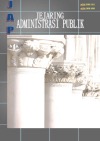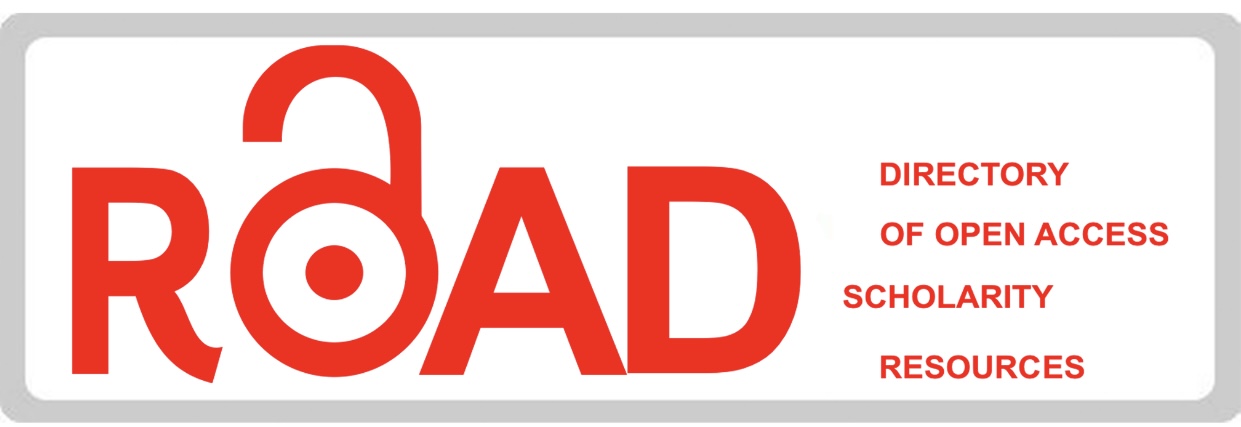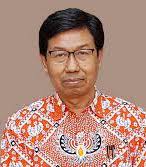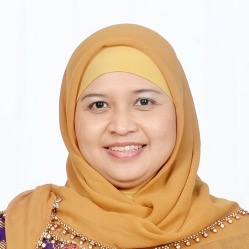Analisis Prinsip Pembiayaan Kesehatan dalam Mendukung Cakupan Kesehatan Semesta di Indonesia
Downloads
Health financing is an essential component of the health system, particularly in the pursuit of universal health care. The primary role of universal health care is financial risk protection, which includes the availability of national health insurance as well as access to safe and inexpensive essential health services. The goal of this study is to learn about the concepts of health financing in order to attain universal health care. This article employs a qualitative approach, drawing on secondary data sources such as books, scientific journals, linked internet websites, official government papers, and others. According to the findings, the effectiveness of raising income for health care finance cannot be quantified. In terms of income collection, there is still some overlap in health financing sources, particularly in the national health insurance programme (JKN). Aside from that, the JKN program's procurement of services and distribution methods are encountering difficulties due to a shortfall in the JKN budget, as well as the community's lack of discipline in making JKN contributions. Furthermore, despite the notion of decentralisation, local governments continue to rely on the central government for health financial planning and budgeting.
Keywords: health systems, health financing, universal health coverage
Anjomshoa, M., Akbari Sari, A., & Takian, A. (2021). Assessing progress in the national health financing system towards universal health coverage in Iran: A mixed-method study protocol. Health Research Policy and Systems, 19(1), 4. https://doi.org/10.1186/s12961-020-00610-z
Atim, C., Bhushan, I., Blecher, M., Gandham, R., Rajan, V., Davén, J., & Adeyi, O. (2021). Health financing reforms for Universal Health Coverage in five emerging economies. Journal of Global Health, 11, 16005. https://doi.org/10.7189/jogh.11.16005
Cali, J., Makinen, M., & Derriennic, Y. (2018). Emerging Lessons from the Development of National Health Financing Strategies in Eight Developing Countries. Health Systems & Reform, 4(2), 136–145. https://doi.org/10.1080/23288604.2018.1438058
Creswell, J. W. (2012). Research design: Pendekatan kualitatif, kuantitatif, dan mixed (S. Z. Qudsi, Ed.; A. Fawaid, Trans.; Ed. ke-3). Pustaka Pelajar.
Darmalaksana, W. (2020). Metode Penelitian Kualitatif Studi Pustaka dan Studi Lapangan. Pre-Print Digital Library UIN Sunan Gunung Djati Bandung. http://digilib.uinsgd.ac.id/id/eprint/32855
Dep. (2021). Ini Fokus Anggaran Kesehatan dalam RAPBN 2022. Kementerian Keuangan Republik Indonesia. https://pen.kemenkeu.go.id/in/post/ini-fokus-anggaran-kesehatan-dalam-rapbn-2022
Evans, D. B., & Etienne, C. (2010). Health systems financing and the path to universal coverage. Bulletin of the World Health Organization, 88(6), 402. https://doi.org/10.2471/BLT.10.078741
Kirigia, J. M., Zere, E., & Akazili, J. (2012). National health financing policy in Eritrea: A survey of preliminary considerations. BMC International Health and Human Rights, 12(1), 16. https://doi.org/10.1186/1472-698X-12-16
Kutzin, J., Witter, S., Jowett, M., & Bayarsaikhan, D. (2017). Developing a national health financing strategy: A reference guide. World Health Organization. https://iris.who.int/handle/10665/254757
Kwon, S., & Kim, E. (2022). Sustainable Health Financing for COVID "19 Preparedness and Response in Asia and the Pacific. Asian Economic Policy Review, 17(1), 140–156. https://doi.org/10.1111/aepr.12360
Neuman, W. L. (2014). Social research methods: Qualitative and quantitative approaches (7. ed., Pearson new internat. ed). Pearson.
Pongutta, S., Suphanchaimat, R., Patcharanarumol, W., & Tangcharoensathien, V. (2019). Lessons from the Thai Health Promotion Foundation. Bulletin of the World Health Organization, 97(3), 213–220. https://doi.org/10.2471/BLT.18.220277
Preker, A. S., Cotlear, D., Kwon, S., Atun, R., & Avila, C. (2021). Universal health care in middle-income countries: Lessons from four countries. Journal of Global Health, 11, 16004. https://doi.org/10.7189/jogh.11.16004
Schieber, G., Baeza, C., Kress, D., & Maier, M. (2006). Financing Health Systems in the 21st Century. In D. T. Jamison, J. G. Breman, A. R. Measham, G. Alleyne, M. Claeson, D. B. Evans, P. Jha, A. Mills, & P. Musgrove (Eds.), Disease Control Priorities in Developing Countries (2nd ed.). The International Bank for Reconstruction and Development / The World Bank. http://www.ncbi.nlm.nih.gov/books/NBK11772/
Setiawan, E., Sihaloho, E. D., Yuliawati, F., van Empel, G., Idris, H., & Siregar, A. (2021). Pembiayaan Kesehatan: Konsep Dan Best Practices Di Indonesia. PPJK Kementerian Kesehatan Republik Indonesia.
Solikha, D. A., Arifi, M. D., Siahaan, R. G. M., Firdaus, M. Z., Ariteja, S., Wikanestri, I., Nurlita, A. N., Ikrima, I. R., & Taqiyah, H. (2022). Buku Putih Reformasi Sistem Kesehatan Nasional. Direktorat Kesehatan dan Gizi Masyarakat, Kementerian Perencanaan Pembangunan Nasional/Badan Perencanaan Pembangunan Nasional. https://perpustakaan.bappenas.go.id/e-library/file_upload/koleksi/migrasi-data-publikasi/file/Policy_Paper/Buku%20Putih%20Reformasi%20SKN.pdf
WHO. (2010). Monitoring the building blocks of health systems: A handbook of indicators and their measurement strategies. World Health Organization. https://iris.who.int/handle/10665/258734
Copyright (c) 2023 Frita Ayu Pribadi, Erna Setijaningrum

This work is licensed under a Creative Commons Attribution-ShareAlike 4.0 International License.
All articles submitted by the author and published in the Jejaring Administrasi Publik are fully copyrighted to their authors under the Creative Commons Attribution-ShareAlike 4.0 International License. The formal legal aspect of journal publication accessibility refers to the Creative Commons Attribution-ShareAlike (CC BY-SA).
















